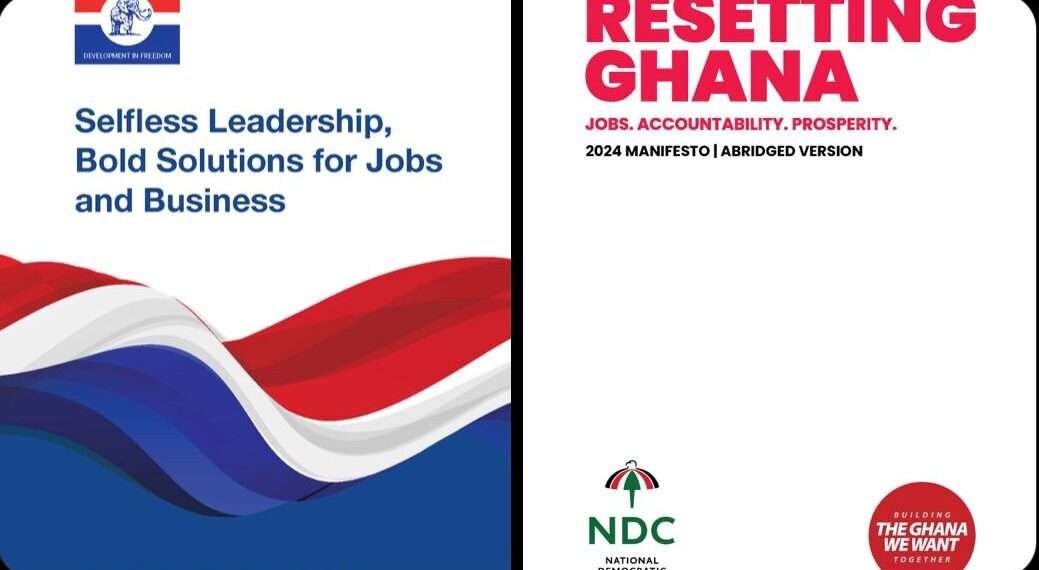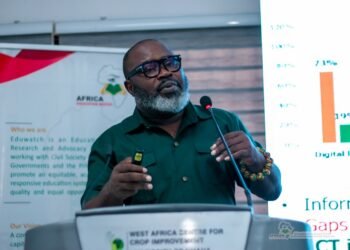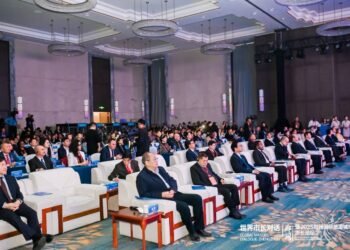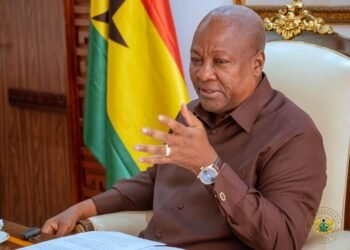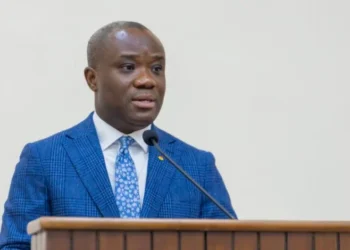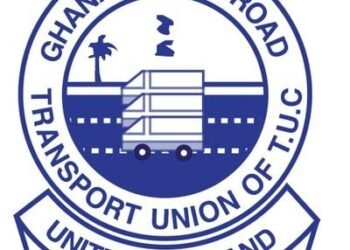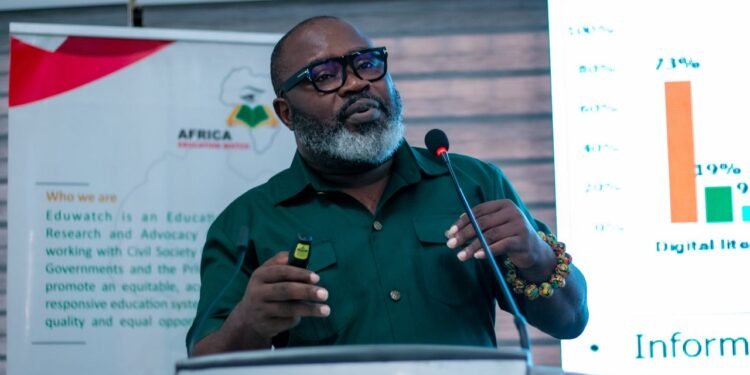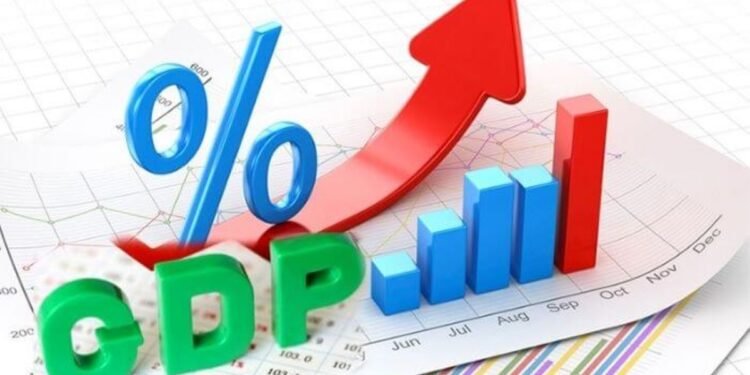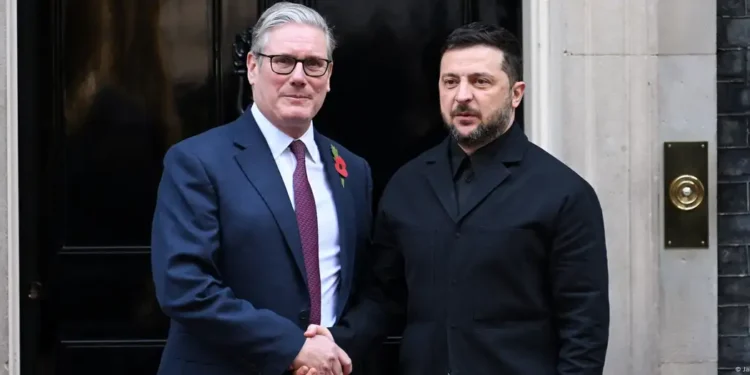Ghana’s political landscape is heating up as the country approaches another election cycle. The manifestos of the two leading political parties have been launched, and both prominently feature the word “JOBS” in their titles.
According to Dr. Theo Acheampong, an Economist and Political Risk Analyst, this emphasis on job creation is not just a marketing tactic; it reflects a crucial concern among Ghanaians, particularly the urban youth. However, Acheampong’s analysis suggested that while the focus on jobs is timely, it is also a stark reminder of the disconnect between Ghana’s much-touted macroeconomic growth and the lived realities of its citizens.
“The fact that both leading parties have chosen to highlight jobs in their manifestos is prescient. It reflects an understanding of the electorate’s priorities.
“Jobs are not just a campaign slogan; they are a lifeline for many Ghanaians who have been struggling in an economy where macro-growth figures have not translated into meaningful economic opportunities for the majority.”
Dr. Theo Acheampong, an Economist and Political Risk Analyst
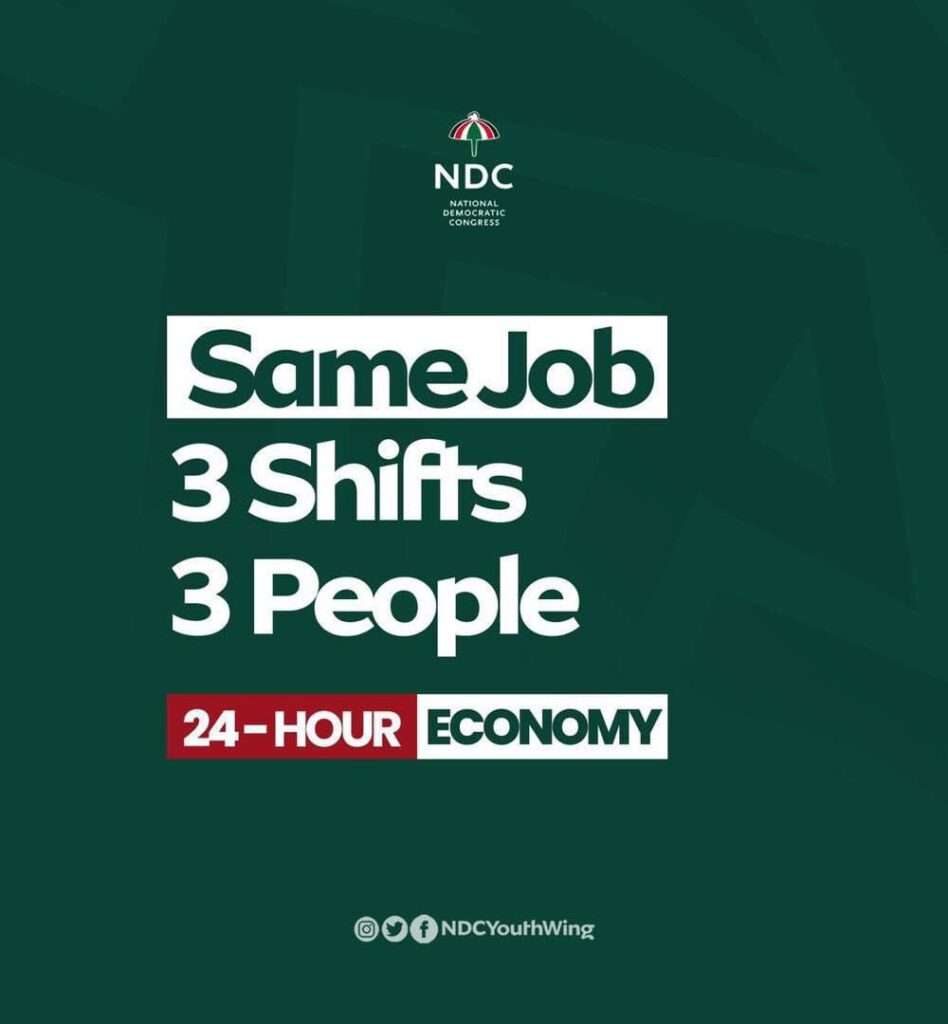
Dr. Acheampong underscored the importance of jobs in the upcoming elections, noting that it has consistently been one of the top five issues for Ghanaians, as highlighted in Afrobarometer reports.
The Afrobarometer, an African-led series of national public attitude surveys, has repeatedly shown that employment, or the lack thereof, is a critical concern for many Ghanaians, particularly the youth in urban areas.
Over the past decade, Ghana’s political discourse has increasingly focused on macroeconomic indicators such as Gross Domestic Product (GDP) growth, inflation rates, and fiscal deficits. These indicators have often been cited by politicians as evidence of the country’s economic progress.
However, Dr. Acheampong argued that these figures paint an incomplete picture. While Ghana has experienced periods of impressive GDP growth, this has not resulted in significant job creation or a reduction in poverty and inequality.
“There’s been a fixation on macro-growth, but this has not translated into job creation at the scale needed to reduce poverty and inequality,” Dr. Acheampong explained.
“In fact, the reality on the ground is that many Ghanaians are worse off today than they were ten years ago. The inequality gap has widened, and the economic benefits of growth have been concentrated in the hands of a few.”
Dr. Theo Acheampong, an Economist and Political Risk Analyst
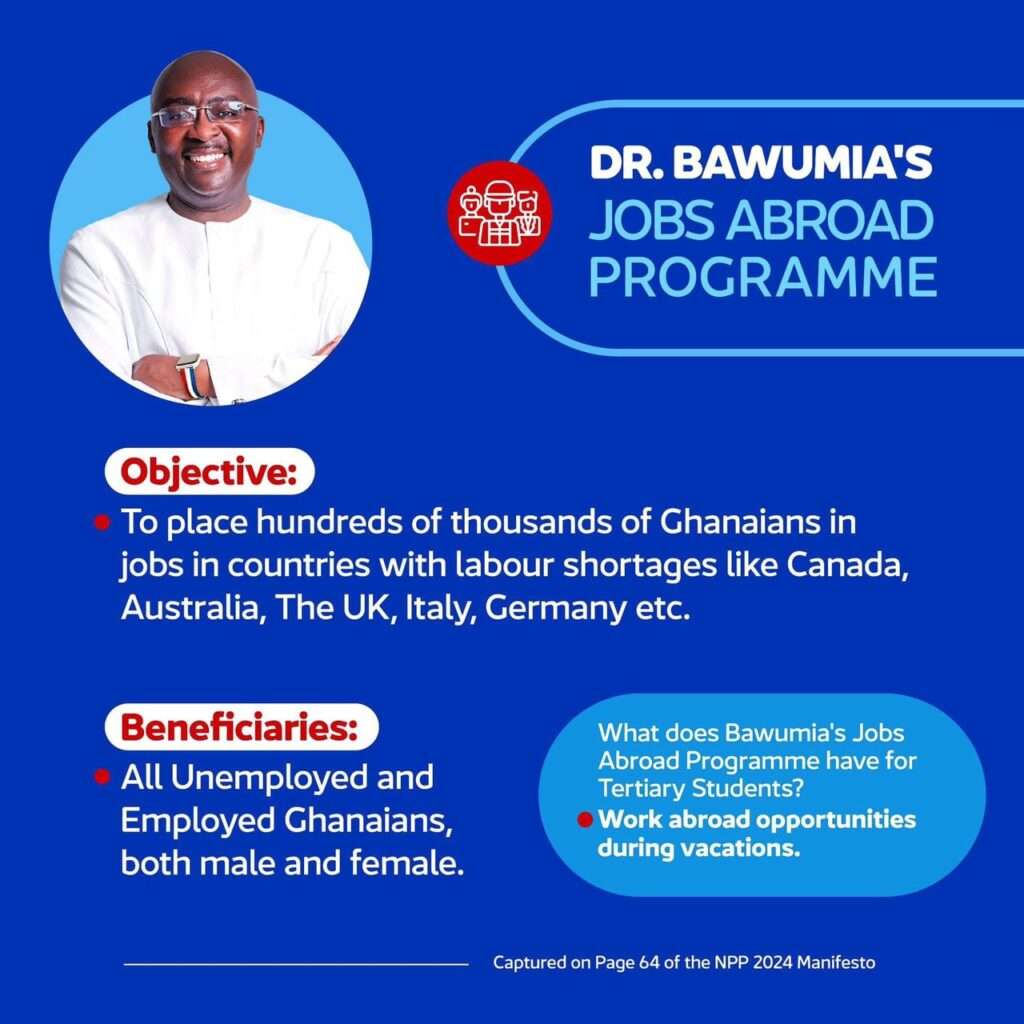
Dr. Acheampong’s analysis pointed to a troubling trend in Ghana’s poverty statistics. He recalled that in the early 1990s, Ghana made significant strides in reducing poverty.
This largely due to international donor support through initiatives like the Highly Indebted Poor Countries (HIPC) initiative and the Multilateral Debt Relief Initiative (MDRI), along with domestic reforms under the Ghana Poverty Reduction Strategy (GPRS I & II). By 2012, Ghana had managed to more than halve its poverty rate from 47% in 1991 to 12%, despite not yet tapping into its oil resources.
However, since the onset of oil production and the country’s subsequent reliance on borrowing through Eurobonds, Ghana’s poverty levels have been on the rise again. According to World Bank data, 27% of Ghana’s population lived below the international poverty line of $2.15 per day (2017 PPP) in 2022. This represents a significant increase in poverty compared to a decade earlier, and the trend is expected to worsen.
“The latest forecasts indicate that poverty in Ghana will reach its highest level in over a decade by 2024, with an estimated 33% of the population—one in three Ghanaians—living below the international poverty line. This is a stark reminder that while macroeconomic growth may look impressive on paper, it is not benefiting the majority of Ghanaians.”
Dr. Theo Acheampong, an Economist and Political Risk Analyst
As Ghana’s election season unfolds, the focus on jobs in the political manifestos may offer some hope to the millions of Ghanaians struggling with economic hardship.
However, as Dr. Acheampong’s analysis made clear, meaningful change will require more than just promises; it will require a fundamental shift in how the country approaches economic growth and development.
READ ALSO: Ghana’s Treasury Bill Woes Could Fuel a Bull Market on the GSE- Analyst



